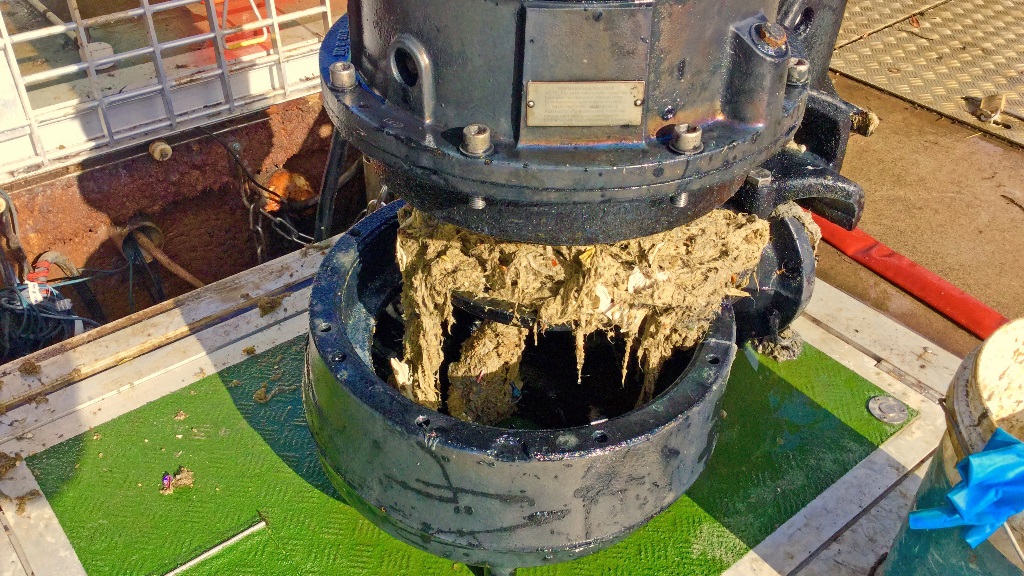Its size has sent shockwaves around the world and while the Waikato district can’t claim anything quite as large, fatbergs have also been plaguing our pipes for years.
International media coverage of a 250-metre long, 130-tonne ‘fatberg’ blocking a London sewer pipe went viral on social media last week, but General Manager Service Delivery Tim Harty says pipes are often blocked by fatbergs across the Waikato district too.
“With the huge fatberg in the news last week it’s timely to remind our residents that in 2016/17, 81 per cent of wastewater overflows across the district were caused by things like wipes, sanitary hygiene products such has pads and tampons, fats, oils and grease, cotton buds, nappies and rags.
“Waikato district residents have told us the number of wastewater overflows that have occurred in recent times is unacceptable. In response to this Council is undertaking a range of work, including a district-wide public education programme which is aimed to let people know what can and can’t be put down the loo and kitchen sink,” Mr Harty says.
The message we need to get across to our residents is easy - pee, poo and (toilet) paper, or the three P’s, are the only things that should go down the loo. Everyone also needs to think while at the sink, Mr Harty says.
ENDS
Note: A ‘fatberg’ is a word used to describe a build-up of hard fats and oils which bind with other problem items in the wastewater system like wet wipes, sanitary pads and nappies and then create a solid mass. This build-up can block the pipe system which then causes overflows and damage to pumping equipment. Fats, oils and grease should be left to cool and disposed of, not tipped down the kitchen sink hot to then cool in the pipes.




